Festival Hall last Thursday night was what people in the venue business refer to as “at capacity”. The crowd was what people in the business of beating around the bush call ‘older’, though the correct term might be ‘thirtysomething’ – people who found their way to the Roses by way of Oasis and… Well, Oasis, certainly. You remember Oasis, don’t you? They were the world’s most successful Stone Roses tribute act. Many of those in the audience were present during the salad days of the band. The occasional original tour T-shirt could be spotted, alongside a ragged and seldom-washed flag swaddling the well-earned paunch of a British expat.
A cabinet to the right of the stage was filled with guitars. To the left, another cabinet with four or five bass guitars. In front of the drum kit – a double-kick setup with stylized bisected oranges on the drum skins – sits a fish bowl. Inside, a lone clownfish navigates its tiny simulated habitat. Fight the Power plays over the PA. The band enters from stage-right…
Before you understand The Stone Roses, you have to understand Manchester – a north England cache of the grey lurching edifices that one pictures when one hears the word ‘industrial’. The cotton industry in Manchester was at one time so booming that to this day Australians refer to cotton goods as Manchester. Yeah, that’s where that comes from.
During World War II many of its factories switched from their regular duties of manufacturing textiles, engines and locomotives to making bombs, barrage balloons and fighter planes for the Allied effort. The Christmas Blitz of 1940 levelled hundreds of Mancunian buildings when 467 long tons of high explosives were dropped on the city. Several chapels of the Manchester cathedral were destroyed by the Luftwaffe.
Post-war recovery was a laboured crawl. The cotton industry in the town had been slowing since before the war and the next 40 years would be increasingly punishing. The closing of the Manchester port, a sterile job market and a lady named Margaret meant the city wouldn’t see a break in the clouds till the late ’80s.
Enter The Stone Roses.
The Smiths and Joy Division had it easy. It’s easy to croon about shyness and sadness, isolation, depression and mean-spirited ugliness in a town that encapsulates all of these bad things and more. To sing with cocksure swagger and elevate yourself through melody and rhythm, surmounting the grey habitat in which you were sustained, is something that requires skill. Moreover, it takes hope. And the Roses lived in a town utterly bereft of it. They grabbed a flittering ember of hope and seized it from a fire long-since extinguished. They were an aberration. They established themselves with a defiant refusal to sound like anyone but themselves despite, or rather in spite of, their physical, musical and economic surroundings. It was as though the good times of the ’60s hadn’t been bludgeoned to death at Altamont, but had instead been hibernating for over a decade and migrated to Northern England.
So now that you understand, let’s begin.
The band enters from stage-right…and launch into I Wanna Be Adored. It’s on every countdown of top 10 album openers, if you’re into that High Fidelity list shit.
Ian Brown still cannot sing. Not a note. He never could. It doesn’t matter. He’s released more albums than you’ve properly listened to, many of them good. It’s not about the singing anyway, it’s about the voice. But it’s not just about the voice, it’s about the attitude. And really, it’s not about the attitude at all, it’s about Ian Brown. “His feet are light and nimble. He never sleeps. He says that he will never die. He dances in light and shadow and he is a great favourite. He never sleeps…He is dancing, dancing. He says that he will never die.” That was Cormac McCarthy. This is Ian Brown.
The man with the simian skull and the impregnated belly, otherwise gaunt, danced in Mr Bean fashion ‘neath the dome of Melbourne indulgence, completing reps of calisthenic lunges, rocking his crotch back and forth at the crowd. He stalked the front row – from one end to the other he walked, jerking sleigh bells with abandon. Atop his head was an emphatic bowl cut, grey in colour, stretching back to meet the collar of his yellow T-shirt, on which Bruce Lee performed a high-kick in black and white.
Musically, John Squire is the leader of The Stone Roses. Each band member steered their course according to Squire’s true north. His fingers effortlessly manipulated the frets of his Rickenbacker, making it wail and crash and swirl and glide. It gently wept and then mournfully cried. Squire does what he feels in that moment and the rest of the band are skilled enough to follow. And follow him they did, through (Song For My) Sugar Spun Sister, Shoot You Down, This Is The One, Ten Storey Love Song and Mersey Paradise.
The improvised jams were frequent and incendiary. Mani picked at his Jacksonpollockonized bass – a wandering riff that slowly grew in familiarity. He dropped the occasional hint in the form of notes we gradually recognized to be the tones of Fools Gold. One of the best songs ever recorded. Period. A mosh pit assembled and carried out their duty, and there were a few British expats who got particularly zealous, taking their shirts off and jumping up and down with every rim shot. Despite their dogged insistence on turning Festival Hall into a Turkish bathhouse, you couldn’t blame them for their frenzy – they were seeing four people who have done ecstasy together more times than you and your friends have done lunch, and they were good. They were very, very good. They were good way back when. They are still good now.
I Am The Resurrection, the most blatant expression of their irrepressible self-belief (which started out as a sound check joke, a take on the bass riff from Taxman), will always be their closer. The mosh pit didn’t rest for the duration of the song, nor the 10-minute jam session that followed. And we return to that word: ‘hope’.
There is always hope.
There is hope despite the dreadful, looming sepulchres of your hometown, despite all the painfully cool bands people wished you would sound and look like. There is hope despite John Squire once stating that he would “rather remove his own liver with a teaspoon” than revive the Roses. At one point, Brown launched a rubbish bin into the crowd. He later explained that the target was a “big man” who’d victimized a young girl half his size. There is hope idiots like him will soon be put out of commission by some anonymous STD. There is always hope.
And so we were filled with a sense of hope as we watched the band link hands – Ian, John, Mani and Reni – and take their bows. They kissed each other on the cheeks. They hugged and laughed and held each other. And then, Ian broke from the chain. He approached the microphone with a crouched slink: “Stone Roses.”
‘Nuff said.
Oh, wait: “One love.”
‘Nuff said. Definitely.
Stone Roses - Festival Hall, Melbourne 07/03/2013
-
0ad01df1a2dadce75f7d3719710406c6
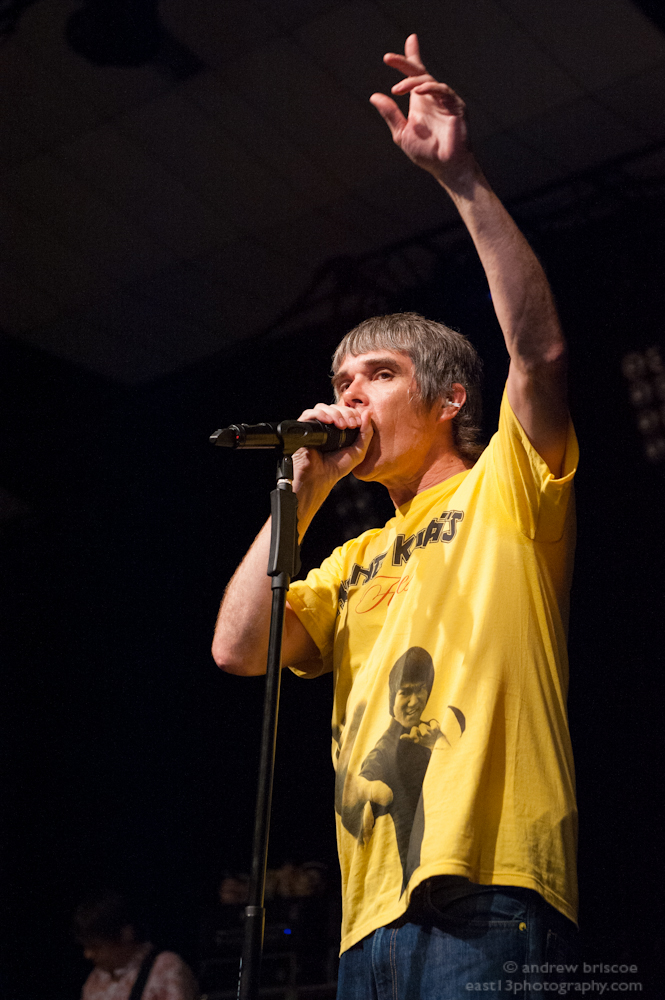
-
261d86fb6eeeca4641e4fb90e4e97e2b

-
2fa29da36b667b30f9aaf89c4a611d53

-
35d8140d42c29e9ef762c586bdedc155

-
38454be96d30826b8389f7d9bdf5a862

-
386ff0dd39e7ba126b90a1846a3eef4e
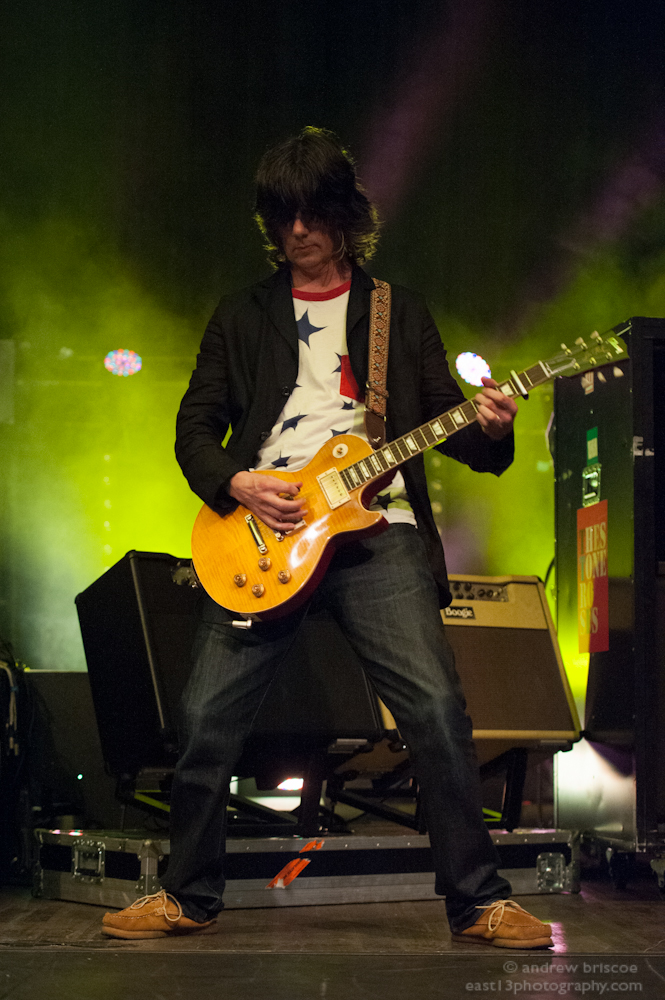
-
41f60b0475818441e4e611bbe55eaea0
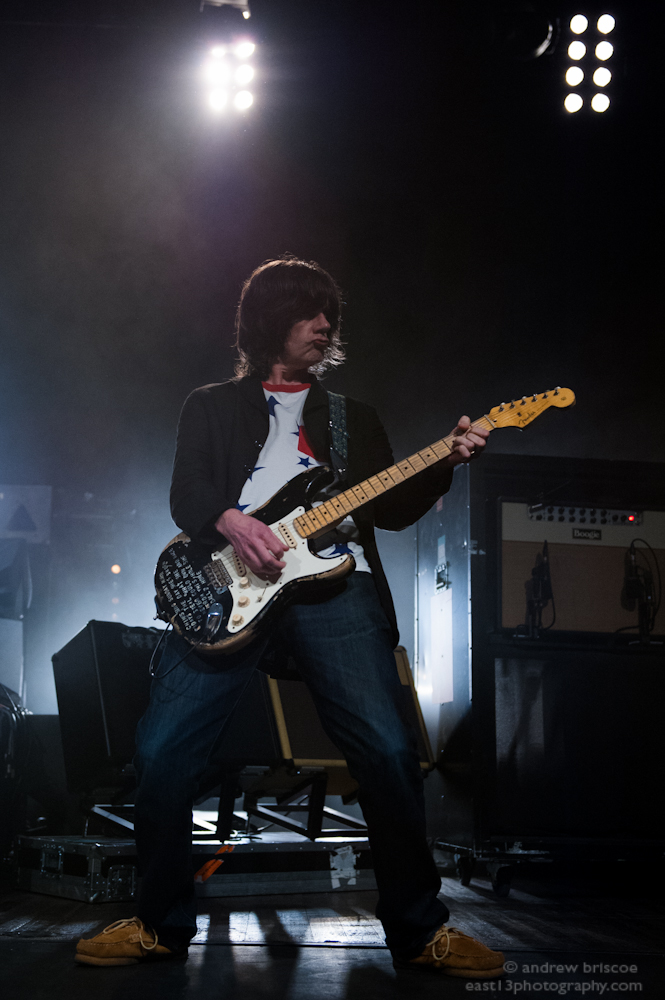
-
41fcdfefdff42a47e54da700c24b33c7

-
476755f208ae2684bbb01318475d2303

-
5408e005e39193222ae2d4213fb643b0

-
58c228055295ebf61621a23438b3b6bc
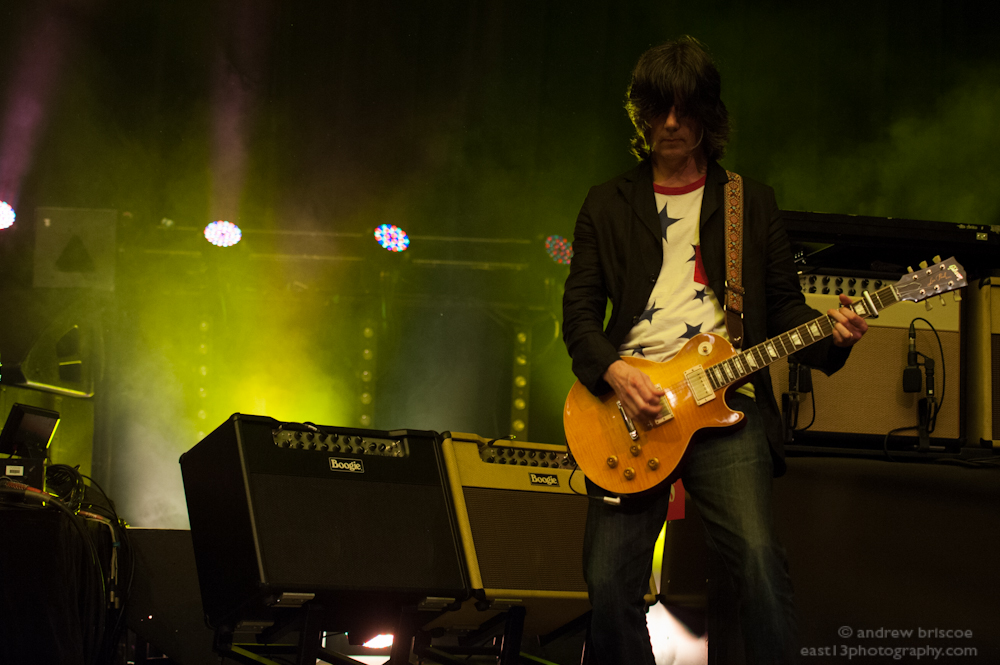
-
6593f5f81c9b39ef151050bc5a88ebc0
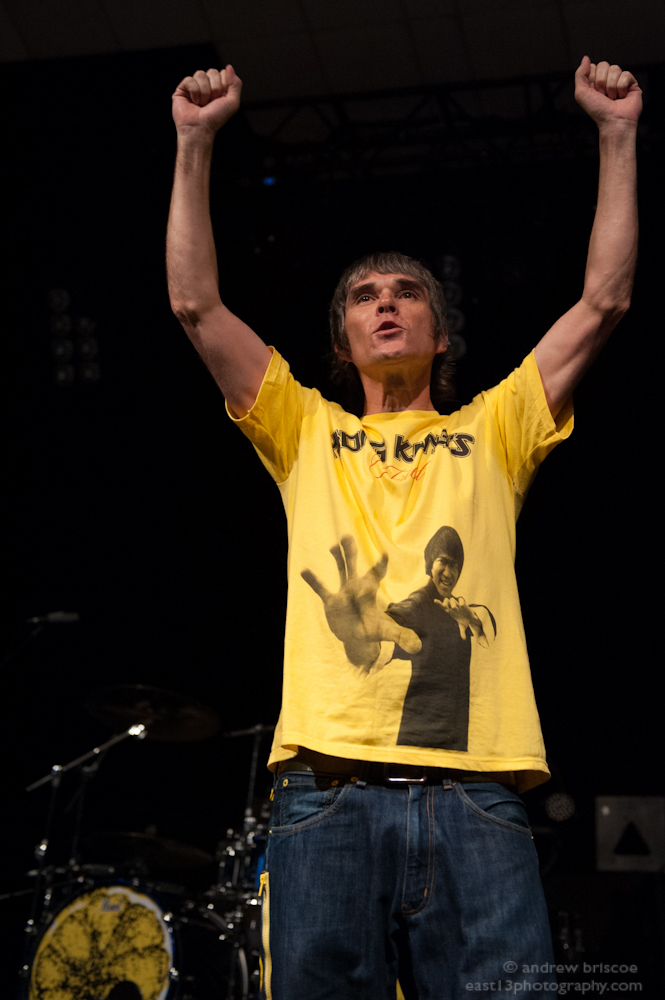
-
71b525bd52cb0345e59a841d8e48c6b7
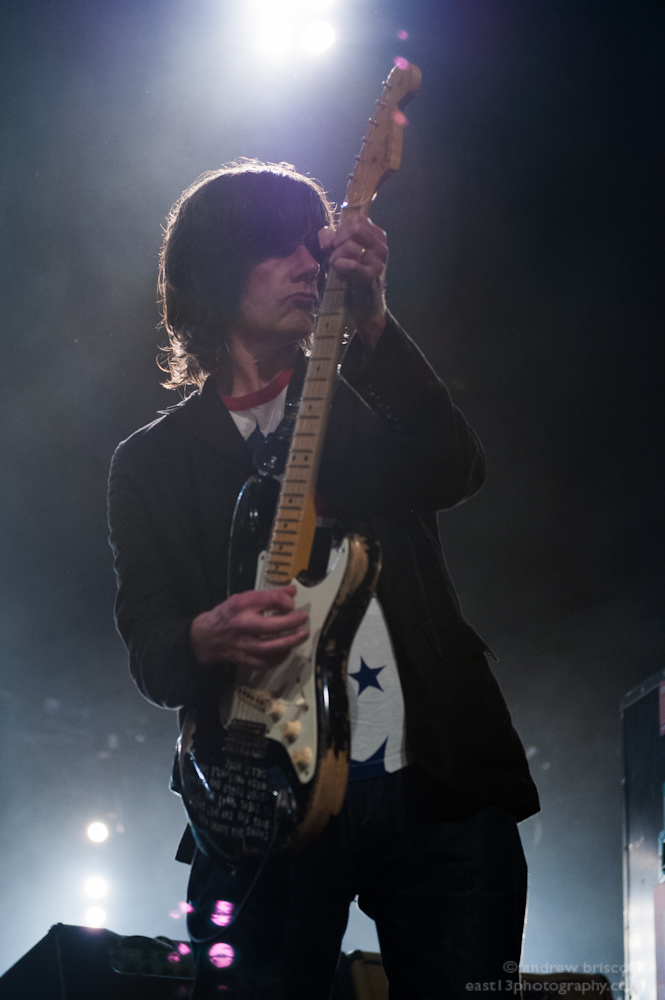
-
82791a1900469f4d0ac475b4469f5d96
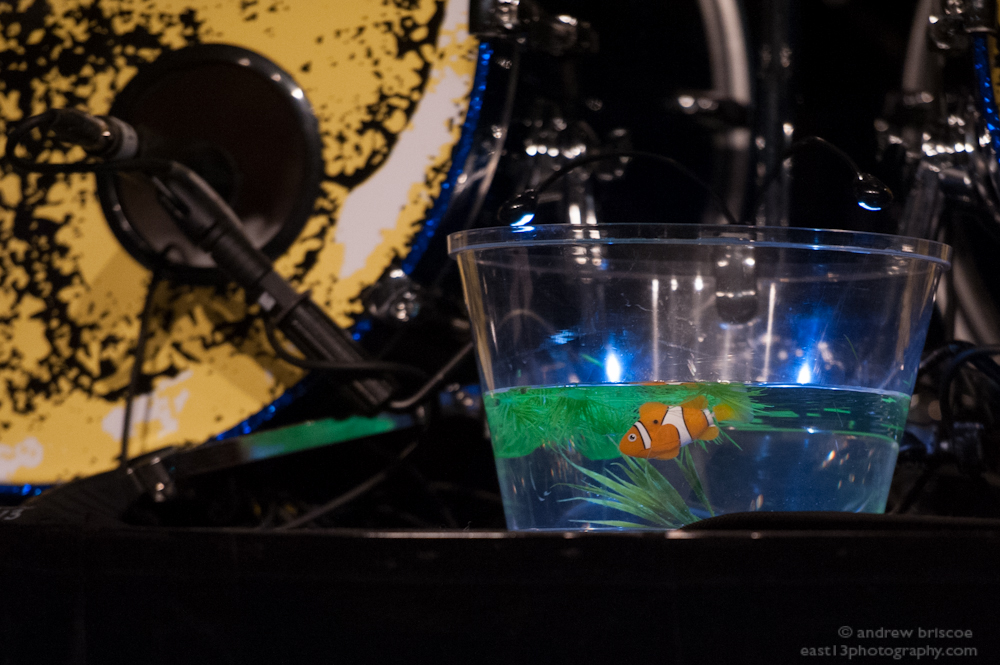
-
8353d84e54f50e22a2ef8da173a35670
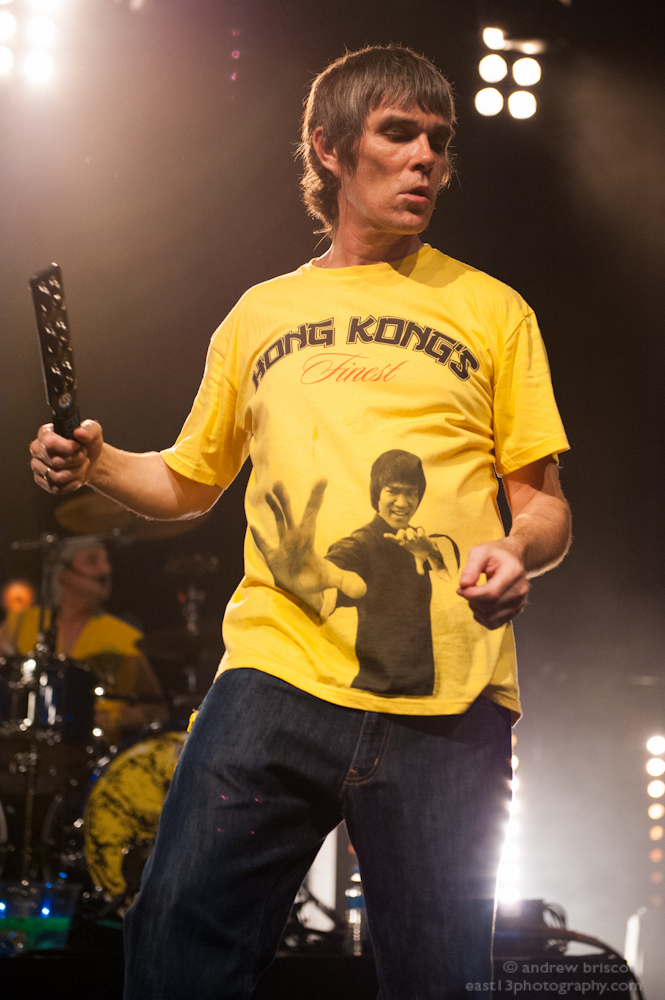
-
9326260e4c930ca09dbfd23bded0d5e1

-
A76231a1f08b57b25cd881f80c8600a7

-
A7f70473518f78c99d3db78ee30cf06d

-
B4505b826c8c5e21499c0265de570506
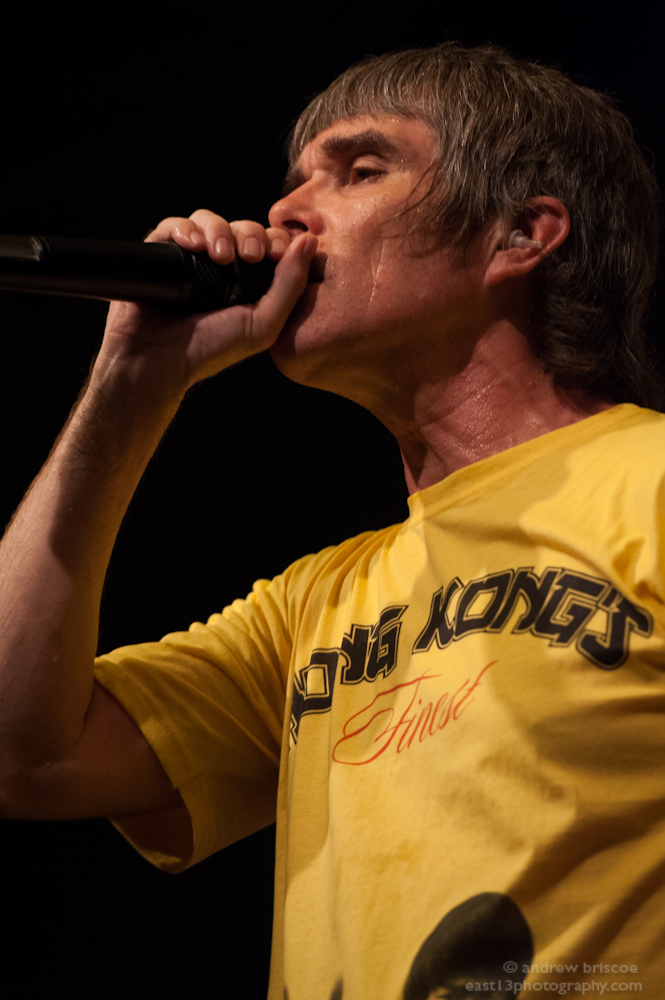
-
Bf8085a573225658baeca796f2c11d75

-
C7cc1765e6118257d9fcf01ea8d92486
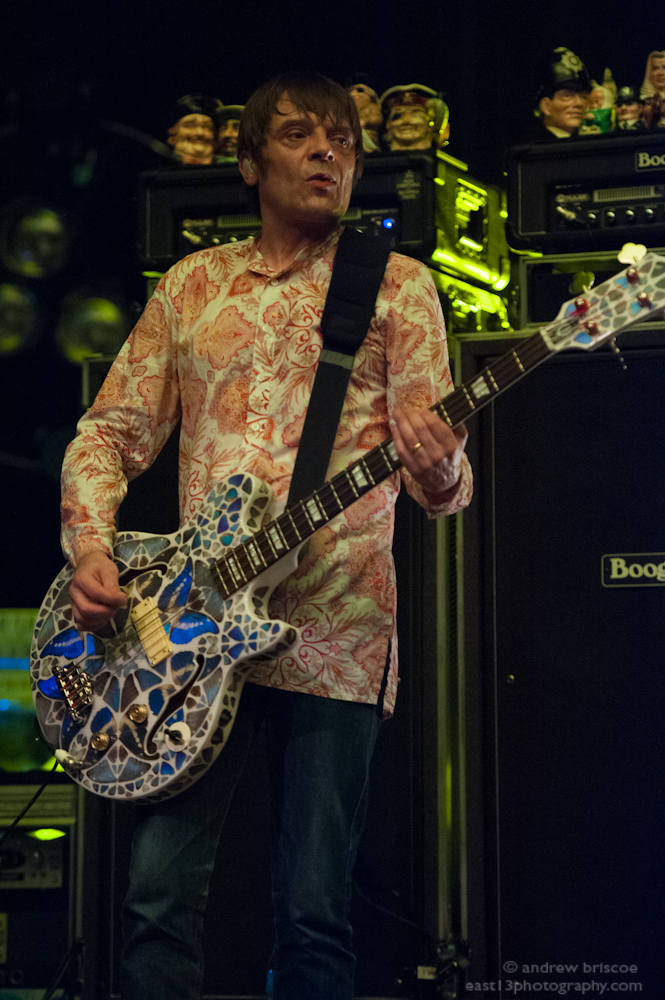
-
D0b5aaee30dbcb812c7f833d992da8d2

-
D7c82d27f8b4fcf59d345f38e0d01f5d

-
E63be781040f5da2b8efdb1fa53c0526

-
Ea416ef504c08a5e89222ef16028620e

-
Ee91257132fd44f91c2c5114ff791a35
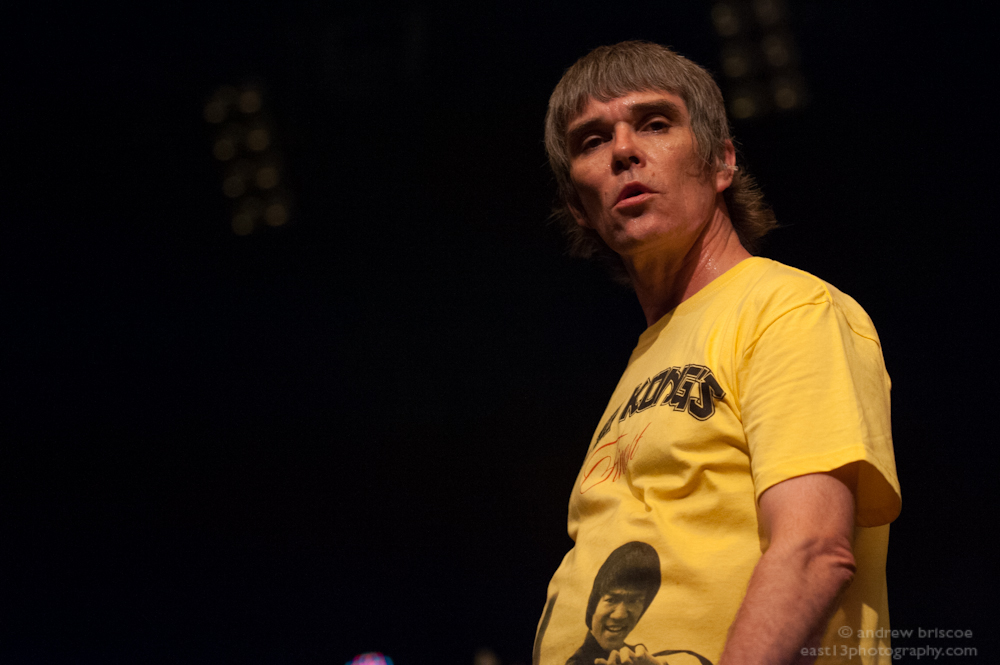
-
F01d6c405e461db2f623456c24cd4697

-
F6269163453d8544c89f9c0fa2ffb242

-
Fcc4888efbb0bfae5e7f71c8ca6abe96

-
Fd40f98f3277e2f23f9611fa5a30680c













